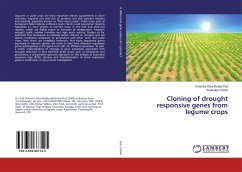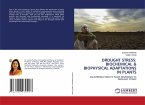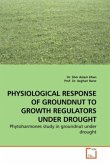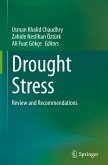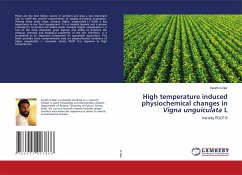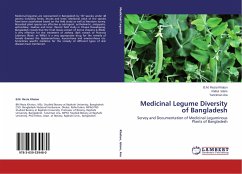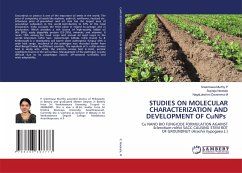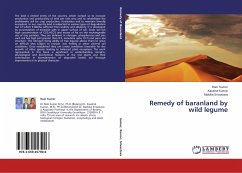Legumes or pulse crops are most important dietary supplements in Asian countries. Legumes not only rich of proteins, but also contains vitamins and minerals, popularly known as "Poor man's meat". Pulse crops such as horsegram (Macrotyloma uniflorum (Lam.) Verdc.) and groundnut (Arachis hypogaea L.) were grown as rain-fed crops in the arid and semi-arid regions, which are highly prone to extremes of temperature, frequent drought spells, relative humidity and high wind velocity. Studies so far indicated that horsegram is relatively better tolerant to drought and soil salinity conditions compared to groundnut and other semi- arid pulse crops. Now there are compiling evidences, that stress responsive genes expressed in tolerant species are novel or may have different regulatory genes participating in the signal cross talk, for efficient expression. To gain a better understanding of changes in gene expression associated with drought tolerance in two semi-arid pulse crops, such as horsegram and groundnut, a comparative genomic approach on the analysis of expressed sequence tags (ESTs), cloning and characterization of stress responsive genes is undertaken in the present investigation.
Bitte wählen Sie Ihr Anliegen aus.
Rechnungen
Retourenschein anfordern
Bestellstatus
Storno

